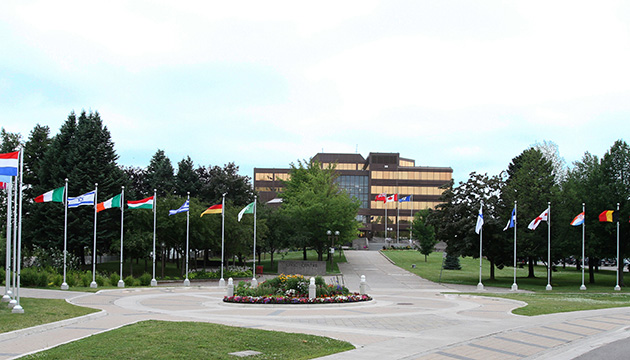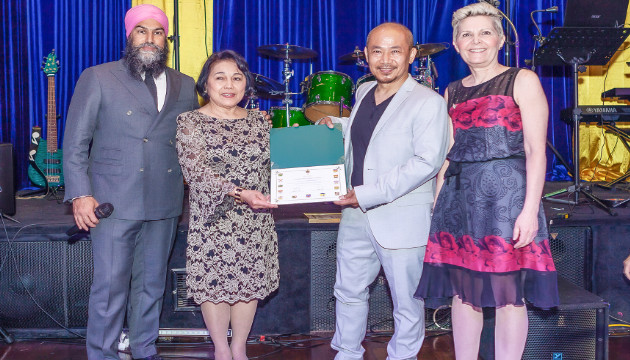On May 22 this year, the Vancouver Police Department expressed heightened concern about rising anti-Asian hate crimes in the city.
Since the start of 2020, the VPD has opened 29 cases for investigation.
The number is more than seven times higher than the four files it had during the same time period last year.
Asian Canadians, particularly Chinese Canadians, have borne the brunt of racist hatred triggered by the COVID-19 pandemic.
People have been punched, pushed, spat on, and verbally abused.
Landmarks have been defaced with hateful graffiti.
In a country that prides itself for diversity and multiculturalism, this is deplorable.
However, it’s not as if racially-motivated hate crimes were not happening prior to the pandemic.
Before the novel coronavirus that was first reported in China in December 2019 began to spread across many countries in the world, ethnic minorities in Canada were being targetted because of their skin colour.
In fact, race is the number one motivation for hate crimes in the country.
On February 26, 2020, Statistics Canada released a paper written by analyst Greg Moreau about police-reported hate crimes.
These are crimes reported to the police and committed against a person or property because of race, national or ethnic origin, language, colour, religion, sex, age, mental or physical disability, and sexual orientation or gender identity or expression.
According to Moreau’s study, hate crimes motivated by hatred of a race or ethnicity represented 44 percent of all hate crimes in 2018.
These were followed by those targeting religion (36 percent).
Crimes motivated by hatred of sexual orientation accounted for 10 percent of hate crimes, the paper noted.
Crimes based on other factors such as language, disability, age, and sex comprised 10 percent.
As its name signifies, the novel coronavirus is a new virus.
However, racism is nothing new.
Filipinos and Chinese share a deep bond that goes back centuries ago.
Long before Europeans arrived, Chinese people have been coming to the islands that would become the Philippines.
Chinese influence is part of Filipino identity.
Generations of intermarriages have produced who we call Chinoy or Tsinoy: Filipinos or Pinoy with Chinese heritage.
On May 17, 2020, B.C. Premier John Horgan issued a brief but powerful statement condemning racism amid the pandemic.
Canadian Filipino Net is reproducing the statement, whose message resonates across the entire breadth of our country:
“Everyone has a right to live without fear of violence or discrimination. Yet we are hearing disturbing stories of a rise in anti-Asian racist behaviour since the beginning of the COVID-19 pandemic.
“People are being targeted as they go about their daily lives. It is unacceptable. I have said it before: hate has no place in our province and it will not be tolerated. Our strength is in our diversity and we reject all forms of racism, discrimination, intolerance and bigotry.
“Racism is also a virus. Through challenging times, British Columbians must stay united. We are always stronger and more resilient as a province when we treat each other with kindness, generosity and respect. To do so, we must all stand together to call out racism and discrimination when we see it.”
For The CFNet Editorial Board
Contact us at:










